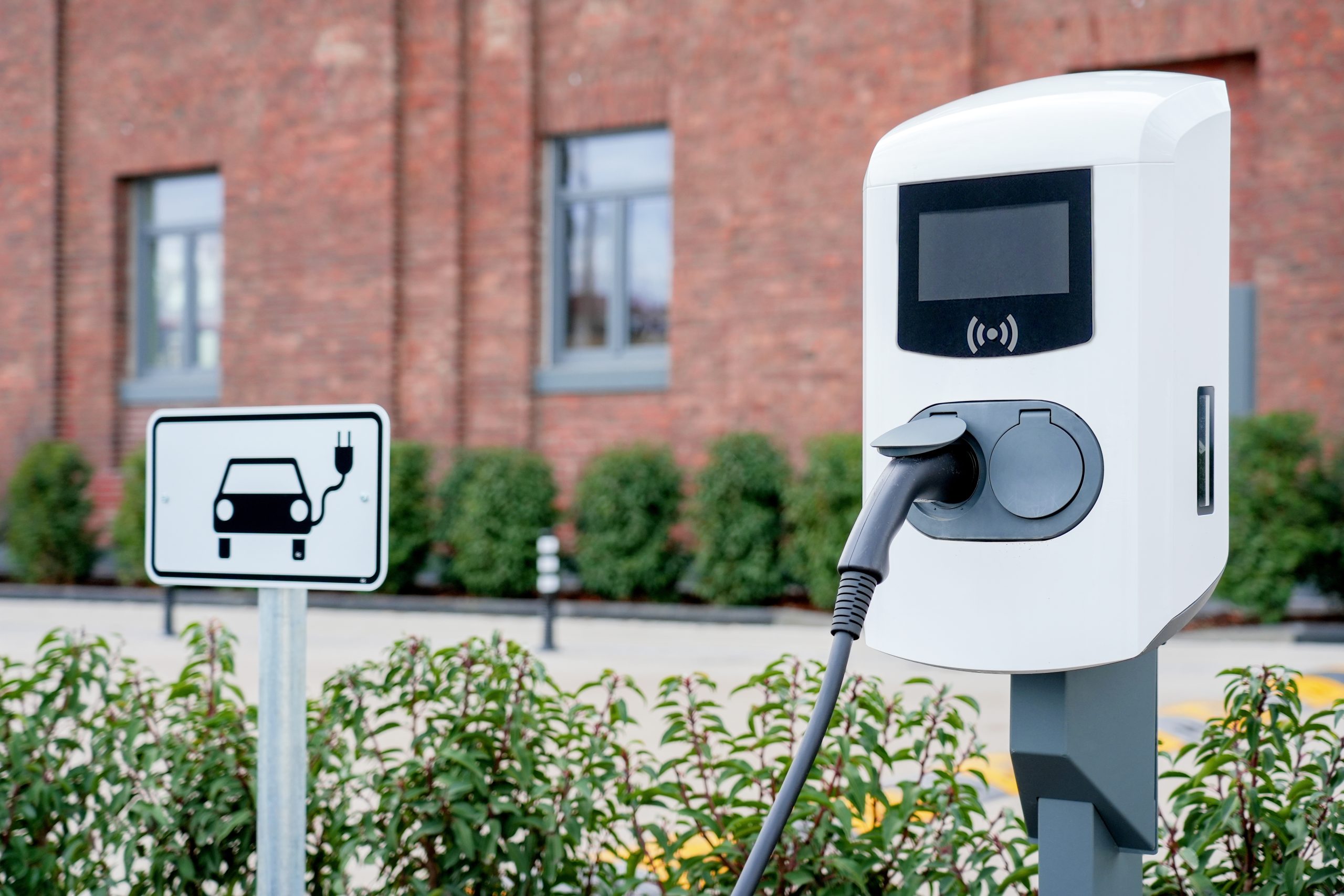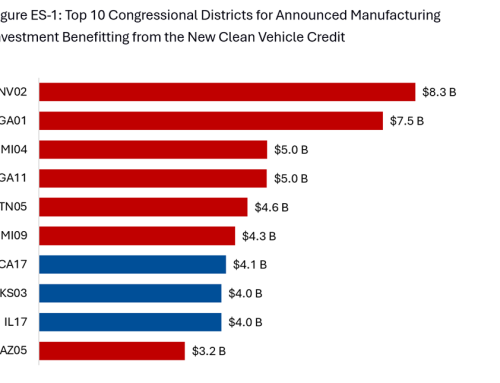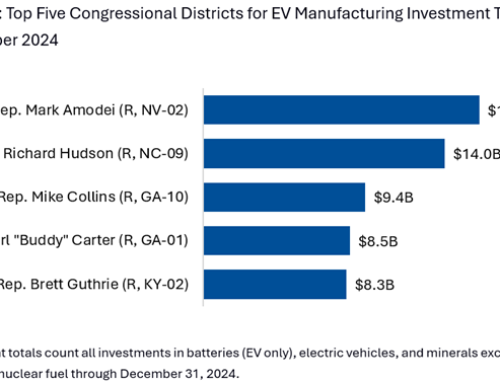
Source: Shutterstock
Atlas Public Policy, in partnership with the National Association of State Energy Officials (NASEO) and the American Association of State Highway and Transportation Officials (AASHTO), led a series of in-depth interviews with 10 electric vehicle service providers (EVSP) and site hosts who applied for National Electric Vehicle Infrastructure (NEVI) program funding, alongside additional interviews with state program administrators and subject matter experts regarding the program.
Atlas produced a report with seven key recommendations for NEVI state program leads based on applicant feedback from the first round of NEVI awards. The seven key recommendations include:
-
Engage with stakeholders early and often, in a clear and prompt manner, sharing materials for comment ahead of their release. Applicants expressed a preference for stakeholder engagement during the solicitation design process and prompt communication and clarification of application materials.
-
Support coordination with utilities. Two utility pain points were identified during interviews with applicants: estimating interconnection costs and obtaining utility signatures and agreements. Proactive engagement with utilities can facilitate a more streamlined application process.
-
Provide clarity and flexibility around geographic siting. According to interviewed applicants, being clear about site location requirements and incorporating flexibility when feasible would help ensure that existing gaps in charging networks are filled and projects align with existing amenities.
-
Develop a solicitation that is clear, itemized, and based on specific state priorities. Applicants expressed a preference for itemized and transparent scoring rubrics, including clearly stated equity considerations, and application requirements as tailored to EV charging requirements as feasible while adhering to Title 23.
-
Balance state supplementary requirements with the minimum federal requirements. Coordination between state NEVI programs, regionally or nationally, to develop heightened standards that are aligned, would support more standardized solicitations without omitting important supplementary requirements.
-
Allow EVSPs to lead applications on behalf of site hosts when appropriate. Interviewed applicants shared that allowing entities other than a site host to submit applications on their behalf, simplifying site host agreements, and specifying that those agreements be made with whatever entity has executive authority over installing charging infrastructure would improve coordination efforts
-
Streamline administrative requirements. Eliminating onerous administrative requirements will give applicants more resource capacity on more substantial components of their applications.
The recommendations offer states guidance on enhancing the next round of NEVI solicitations to improve proposal quality, streamline application reviews, and accelerate the deployment of NEVI stations. This perspective provides states with actionable items to integrate into their stakeholder engagement strategies, Requests for Proposals, contracting language, and overall program implementation.
For a full deep dive of the analysis, read the report here.

